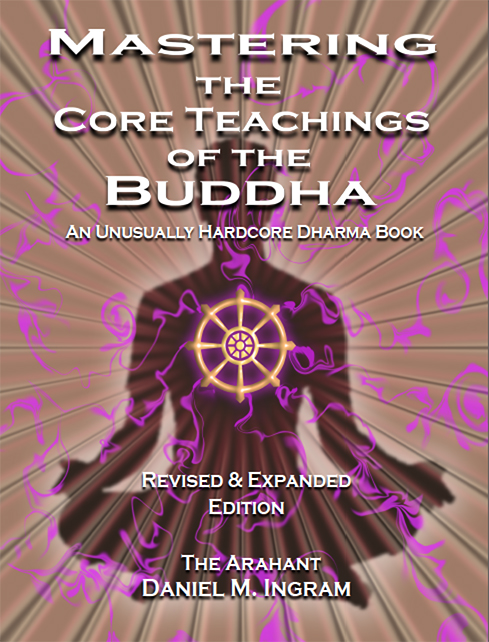The Specific Knowledge Models
← The Sleep Models | The Psychological Models →
On a totally different tangent, the specific knowledge models basically state or imply that awakening will somehow magically provide hidden conceptual information about all sorts of specific things in life, such as the workings of particle physics, how to bring about world peace, who our disciples should marry, and the like. Some go further and state that enlightenment progressively brings complete omniscience, meaning the ability to know everything simultaneously about every single part and particle of the entire at least eight hundred trillion mile–wide universe.
While these might seem to some people like reasonable things awakened beings should somehow know, let’s include other things it might be good to know, such as how to create safe, inexpensive lithium ion batteries for electric cars, how to consistently beat the return of an S&P 500 index fund over the long haul, how to balance the federal deficit while providing everyone with outstanding social services and not raising taxes, how to instantaneously make every blue-collar Republican realize that they are voting against their own self-interest, and how to build a fusion reactor that is safe, inexpensive, produces enough energy for everyone on the planet, and has no radioactive disposal issues. When you consider these, the concept of specific knowledge gained by merely seeing the true nature of ordinary sensations begins to seem as ridiculous as it really is.
The only specific thing I did gain a little insight into was the beauty of differential equations that discuss the oscillation from the imaginary quantities (potential) to real quantities (manifestation), but that’s about it. Other than a bunch of direct knowledge of how the mind works and a whole lot of knowledge about what a load of crap most religious and mystical dogma is, and that includes much Buddhist dogma, I didn’t really get any specific knowledge of anything else. So much for that idea!

